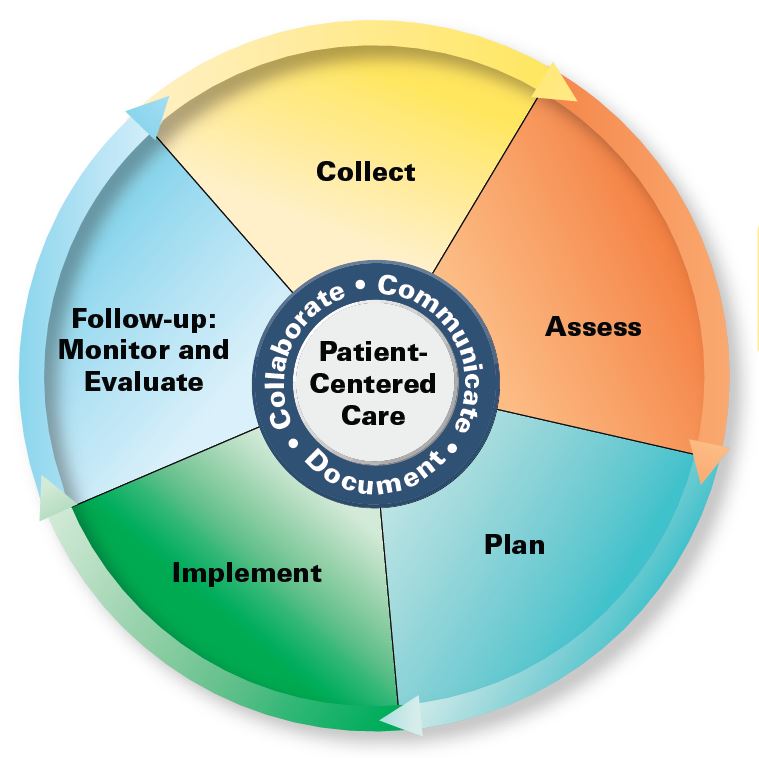Introductory Pharmacy Practice Experience V (728-625, Fall) and VI (728-626, Spring)
2 credits
These two courses (728/625 and 728/626) are the final experiences in the three-year introductory pharmacy practice experience (IPPE) sequence. They provide opportunities for students to integrate learning from prior didactic courses such as drug literature review, pharmacotherapy, skills, communications and previous introductory pharmacy practice experiences into the provision of patient care. Students are expected to actively participate in patient care activities while under direct supervision of a clinical instructor.
Each third-year student pharmacist will complete the following over the course of the academic year:
- Institutional (635) IPPE: Students will complete a total of 40 hours of supervised patient care at one institutional practice site. Students will complete a site checklist and submit an online reflection.
- Community (630) IPPE: Students will complete a total of 32 hours of supervised patient care at one community practice site. Students will complete a site checklist and submit an online reflection.
- Elective (645) IPPE: Students will complete a total of 40 hours of observation which should include supervised patient care as applicable. Students will complete these experiences at two different practice sites (20 hours each). Students will complete a site checklist and submit an online reflection for each elective experience.
- Clinical Inquiry: Students will be assigned a clinical question by course faculty at the beginning of the semester, attend a series of workshops, and submit a final clinical inquiry paper.
Throughout the PharmD curriculum, students will develop and enhance patient-centered care skills. The Pharmacists’ Patient Care Process (PPCP) is emphasized throughout the four years of the PharmD program. This course will serve as an opportunity for students to apply the PPCP process through completion of IPPEs in various practice settings. Students will practice all elements of the PPCP process COLLECT, ASSESS, PLAN, IMPLEMENT, FOLLOW-UP, & DOCUMENTATION) by performing medication histories and reconciliation, collecting patient information through electronic systems and patient interviews, assessing clinical guidelines, evaluating complex patient cases, and documenting their plan or recommendations.
